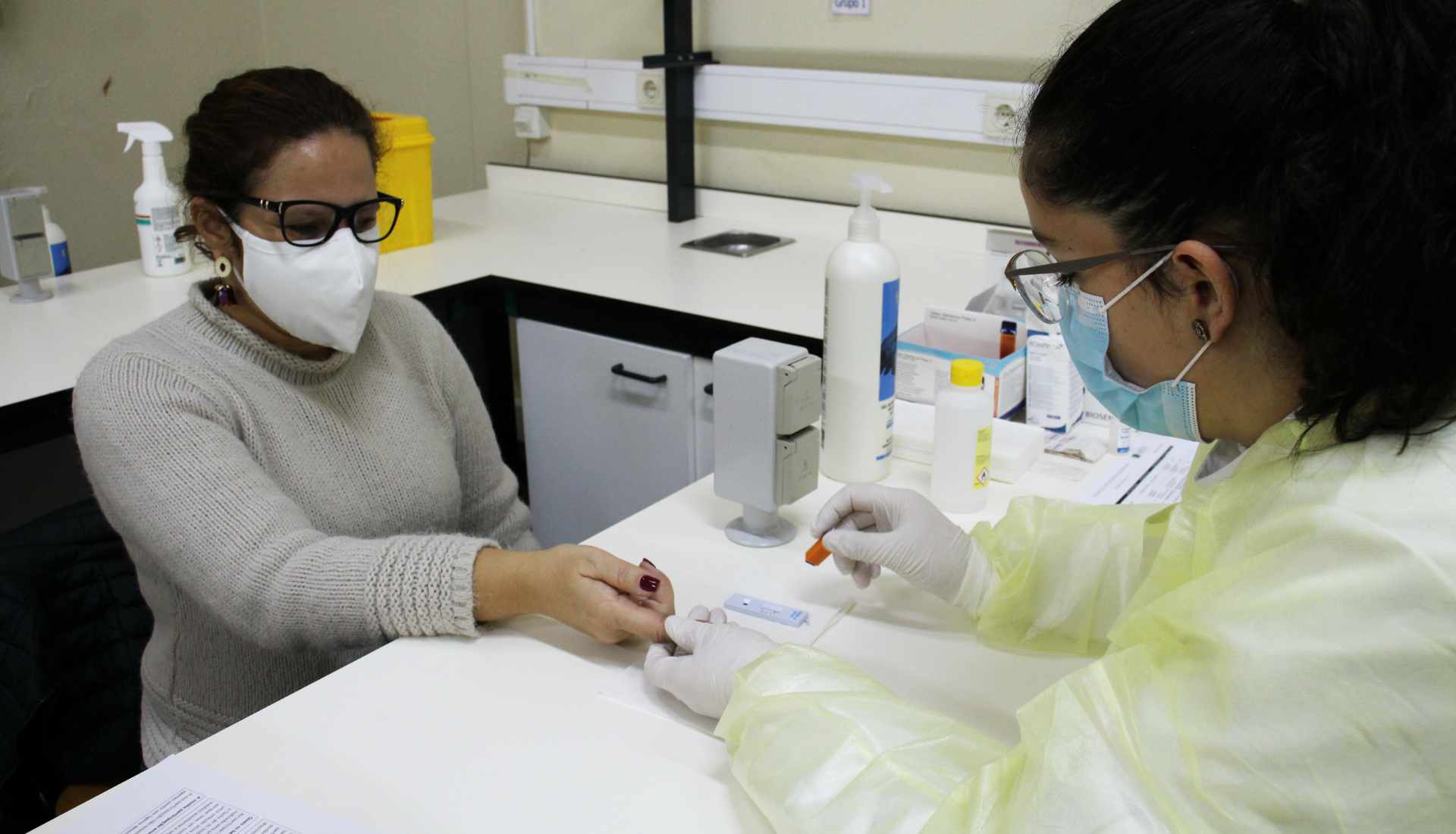Astudy by the Instituto de Saúde Pública da Universidade Porto (ISPUP), conducted during the COVID-19 pandemic, concluded that people with a lower education level, who were unemployed, had lower income and showed symptoms of poor mental health, such as anxiety and depression, were more at risk of food insecurity.
The study, recently published in the scientific Journal of Psychosomatic Research, and conducted online between November 2020 and February 2021, sought to study the relationship between food insecurity and the mental health of a sample of the Portuguese population, in addition to other factors, considering the effects that the COVID-19 pandemic had on these domains.
The concept of food security, according to the Food and Agriculture Organisation of the United Nations (FAO), is recognized as “a situation that exists when all people, at all times, have physical, social and economic access to sufficient, safe and nutritionally adequate food to meet their dietary needs and food preferences for an active and healthy life”.
Thus, food insecurity is a phenomenon that occurs when an individual does not have physical, economic, and social access to food in order to meet their needs, as defined by FAO.
As previously demonstrated by other financial crises, low-income and socially vulnerable households face higher circumstances of food insecurity, a condition that can trigger higher levels of anxiety and depression.
“Given the impact of food insecurity on mental health, with this paper we sought to explore the relationship between food insecurity and mental health (namely anxiety and depression symptoms) in a population-based, but not population-representative, sample during the pandemic period. In parallel, we made a socio-demographic portrait of the participants in our study to understand which determinants are most associated with food insecurity and the development of symptoms of depression and anxiety, so that we can intervene on them,” explains Ana Aguiar, first author of the study and ISPUP researcher, in the Epidemiology of Mycobacterium Infection, HIV and other Sexually Transmitted Infections laboratory, part of the Laboratory for Integrative and Translational Research in Population Health (ITR), coordinated by ISPUP.
To assess the relationship between food insecurity and mental health, the researchers designed an online questionnaire, available between November 2020 and March 2021, in order to collect responses from individuals living in Portugal who were over 18 years old. Scales were used to measure anxiety and depression symptoms in individuals, as well as levels of food insecurity. Sociodemographic information on participants was also collected.
In total, 882 people completed the questionnaire, of which about three quarters (71%) were women. The majority of the sample (around 76%) had a level of education corresponding to higher education and most of them (78%) reported they had been working since the beginning of the pandemic. Around 65% of the participants were from the Northern region of the country.
The prevalence of food insecurity in the studied population was 6.8%, a lower percentage than that which has been reported in other studies on this subject during the COVID-19 pandemic in Portugal.
One of the explanations for the divergence in the values found may be due to the difference in the scales used in various studies and to the fact that the population participating in the ISPUP investigation was quite educated and young, and that a large part continued working, maintaining their income, during the pandemic.
The authors found that food insecurity was significantly higher among people with less than 12 years of education. Additionally, individuals who had become unemployed at the time of the questionnaire due to the pandemic were also more often food insecure, as were those who reported being more careful with expenses, relative to household income.
It should be noted that 6.5% of the individuals included in the sample revealed symptoms of depression and 26% of anxiety. People who showed symptoms of anxiety and depression also showed a higher risk of being food insecure.
The researchers calculated how likely the people participating in the study were to be food insecure.
They concluded that the least educated individuals were eight times more likely to be food insecure than the most educated.
Also, people with symptoms of depression were five times more likely to be in a situation of food insecurity, while those with symptoms of anxiety were seven times more likely to be in this situation.
Ana Aguiar refers to the importance of considering all the determinants that influence the predisposition of people to be in a situation of food insecurity.
“From a public health perspective, it is important to identify the specific biopsychosocial factors that can exacerbate both mental health problems and food insecurity problems. It is also important to make a longitudinal analysis in the future, to understand if it is food insecurity that leads to worse mental health, or the opposite,” she points out.
The researcher stresses that “it is urgent to include tools aimed at the population to increase their resilience, empowering them with strategies to deal with both mental health problems and food insecurity. The adoption of an integrated approach in dealing with these problems is fundamental, as well as the support provided to families in a situation of greater crisis“.
“The emergence of COVID-19 made the huge discrepancy between different social realities that coexist in different countries even more explicit, including in Portugal. The risks for food and nutritional security have now been deepened by the emergence of the pandemic. These types of studies are fundamental during a context that has caused enormous changes in society, in order to anticipate increased problems in the future and prepare timely interventions”, she concludes.
With this research, decision-makers are able to clearly understand which population groups deserve priority attention in order to prevent them from living in a situation of exacerbated food insecurity and/or simultaneously with mental health problems.
The study, entitled The bad, the ugly and the monster behind the mirror – Food insecurity, mental health and socio-economic determinants, was coordinated by Raquel Duarte (ISPUP and ITR) and co-coordinated by Marta Pinto (Faculdade de Psicologia e Ciências da Educação da Universidade of Porto).
The research is part of Ana Aguiar’s PhD project, which received funding from the Portuguese Foundation for Science and Technology (FCT) and the European Social Fund Program.
Image: Unsplash/engin akyurt



